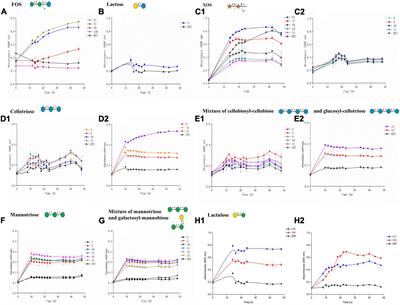EDITORIAL
Published on 23 Jun 2022
Editorial: Functional Metagenomics for Enzyme Discovery
doi 10.3389/fmicb.2022.956106
- 1,450 views
- 1 citation
4,122
Total downloads
19k
Total views and downloads
You will be redirected to our submission process.
EDITORIAL
Published on 23 Jun 2022
ORIGINAL RESEARCH
Published on 10 Jun 2022
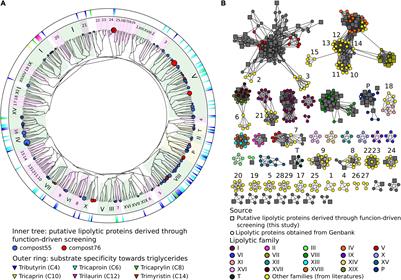
ORIGINAL RESEARCH
Published on 20 May 2022
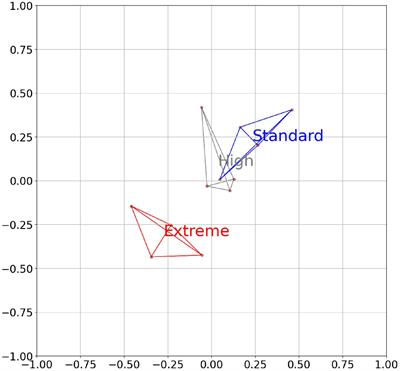
ORIGINAL RESEARCH
Published on 19 May 2022
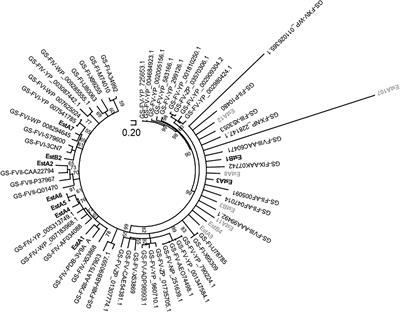
ORIGINAL RESEARCH
Published on 21 Apr 2022
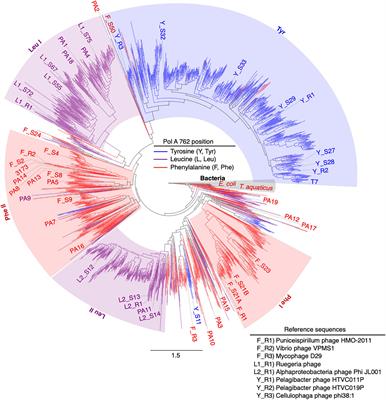
ORIGINAL RESEARCH
Published on 25 Mar 2022
